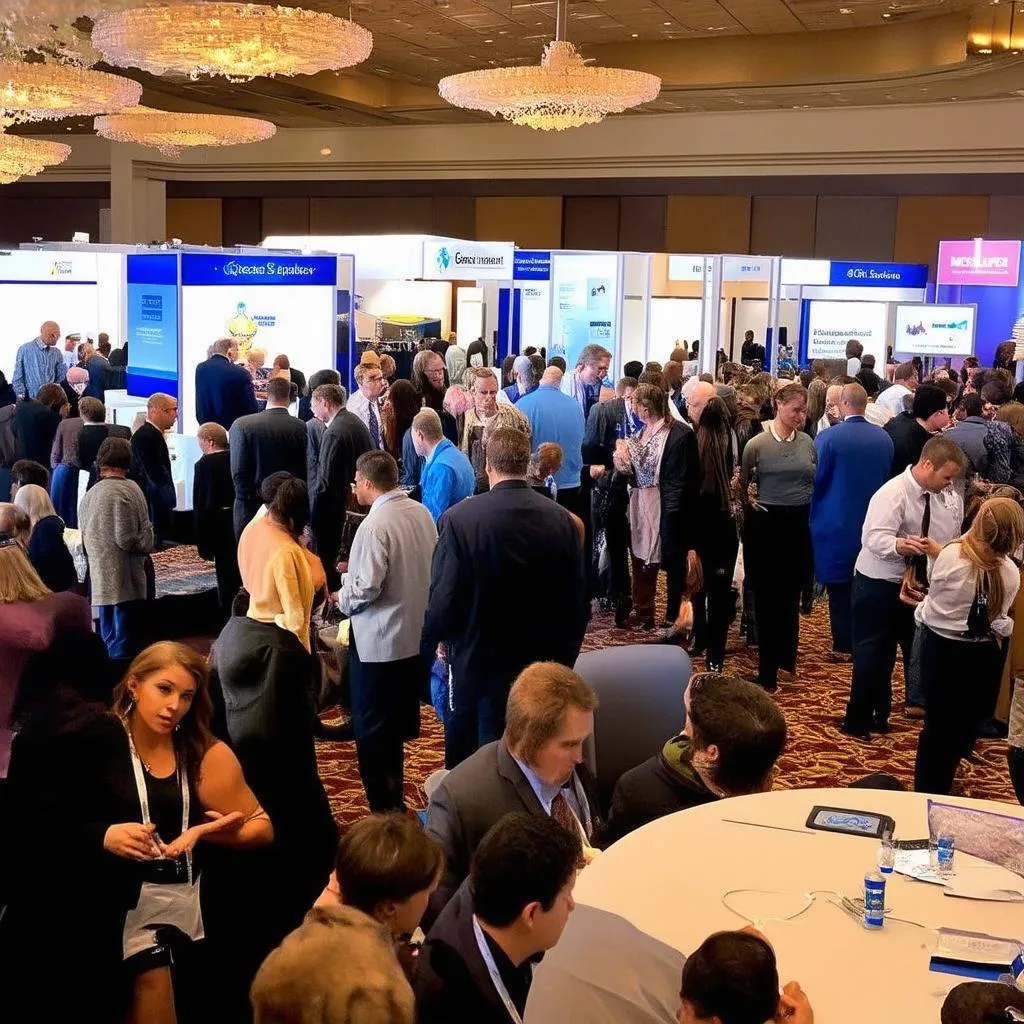Picture this: you’re strolling through the vibrant streets of Bangkok, the aroma of Pad Thai wafting through the air, enticing you into a bustling street food market. Or perhaps you’re enjoying a leisurely breakfast overlooking the Eiffel Tower, sipping on a perfectly brewed cup of French coffee. Travel evokes a sense of adventure and discovery, and food is an integral part of the experience. But what about those delicious meals when you’re traveling for business? Can you write them off as tax deductions? Let’s dive into the details and explore the ins and outs of meal deductions for business travel.
Understanding Meal Deductions for Business Travel
The IRS allows deductions for business-related meals, but there are specific rules and limitations to keep in mind. While the dream of deducting every delicious meal you savor on a business trip might be tempting, the reality is a bit more nuanced.
When Are Meals Tax Deductible?
To determine if a meal qualifies as a business expense, consider the following:
1. Business Purpose: The meal must be directly related to your business. For example, a working lunch with a client or a dinner meeting to discuss a potential business deal would generally qualify.
2. Ordinary and Necessary: The expense must be considered “ordinary and necessary” in your industry. A lavish, five-star dinner might raise eyebrows unless it can be justified as essential for a specific business purpose.
3. Away from Your Tax Home: You must be “away from your tax home” overnight for meals to be deductible. This generally means you’re traveling for business in a location that requires you to sleep away from home.
4. Not Lavish or Extravagant: The IRS expects business meals to be reasonable in cost. While you don’t have to dine on a shoestring budget, excessively extravagant meals are unlikely to fly with the taxman.
The 50% Deduction Limit
Here’s the catch: even when meals meet the IRS requirements, you can typically only deduct 50% of the cost. This limitation is designed to prevent abuse and ensure that only legitimate business expenses are deducted.
Example: Imagine you’re in New York City for a business conference and enjoy a client dinner that costs $200. Even if the meal meets all the deduction criteria, you can only deduct $100 (50%) on your tax return.
 Client dinner in New York City
Client dinner in New York City
What About Meals While Traveling for a Conference or Training?
Attending industry conferences or training sessions can be invaluable for professional development. But what about those meals consumed during the event?
Generally, meals consumed while attending a business conference or training session are subject to the same 50% deduction limit as other business meals. However, there can be exceptions if the meals are included in the conference registration fee and separately stated.
Pro Tip: Keep meticulous records of all your business travel expenses, including meal receipts. This will make tax time much smoother and help you substantiate your deductions if needed.
Navigating the Nuances: Common Scenarios and FAQs
Let’s explore some common scenarios to illustrate how the meal deduction rules work in practice:
Scenario 1: You’re a marketing consultant traveling to San Francisco for a client meeting. You arrive the night before the meeting, have dinner alone at a restaurant near your hotel, and then meet your client for a working lunch the next day.
- Dinner the night before: This meal is likely deductible as you are away from your tax home and the expense is considered necessary for your business trip. However, only 50% of the cost is deductible.
- Working lunch with client: This meal is also likely deductible as it’s directly related to your business. Again, the 50% deduction limit applies.
Scenario 2: You’re a sales representative attending a week-long industry conference in Las Vegas. The conference registration fee includes access to daily breakfast and lunch buffets. You also network with potential clients during evening cocktail receptions.
- Breakfast and lunch buffets: Since these meals are included in the conference registration fee, they are generally not separately deductible.
- Cocktail receptions: While these events offer networking opportunities, the IRS may scrutinize deductions for meals consumed during receptions. It’s essential to demonstrate a clear business purpose beyond simply socializing.
 Business conference in Las Vegas
Business conference in Las Vegas
FAQs
- Can I deduct the cost of coffee or snacks purchased while traveling for business?
Incidental expenses like coffee, snacks, or beverages are generally subject to the 50% deduction limit, provided they are purchased while traveling away from your tax home for business purposes.
- What if my employer reimburses me for business meals?
If your employer reimburses you for business meal expenses under an accountable plan, you generally don’t report the reimbursement as income, and you don’t deduct the expenses.
Planning Your Business Travel: Resources and Tips
Navigating the world of business travel deductions can feel like navigating a maze, but it doesn’t have to be overwhelming.
Resources:
- IRS Publication 463 (Travel, Gift, and Entertainment Expenses): This publication provides comprehensive information on deductible travel expenses, including meals.
- Tax Professionals: Consulting with a qualified tax professional can provide personalized guidance based on your specific circumstances.
Tips for Smooth Travels and Deductions:
- Keep Meticulous Records: Maintain detailed records of all business travel expenses, including receipts, invoices, and a log of business activities.
- Separate Business and Personal Expenses: Avoid commingling business and personal expenses to simplify record-keeping and ensure accurate deductions.
- Consider Travel Rewards Programs: Maximize your travel rewards by using business credit cards and loyalty programs to earn points and miles for future trips.
- Explore Travel Apps: Utilize travel apps to streamline your travel experience, from booking flights and accommodations to finding the best local restaurants.
Remember, travelcar.edu.vn is your trusted companion for all things travel-related. For more insightful articles and resources on maximizing your travel experiences, be sure to explore our website, especially our guides on business travel deductions and deductible travel expenses.
Bon Voyage and Smart Deductions!
While indulging in culinary delights is an integral part of travel, understanding the rules for meal deductions is essential for savvy business travelers. By following the IRS guidelines, keeping thorough records, and seeking expert advice when needed, you can confidently enjoy those business trips knowing you’re making the most of your deductions.
Disclaimer: This article is intended for informational purposes only and should not be considered professional tax advice. Please consult with a qualified tax advisor for guidance tailored to your specific situation.